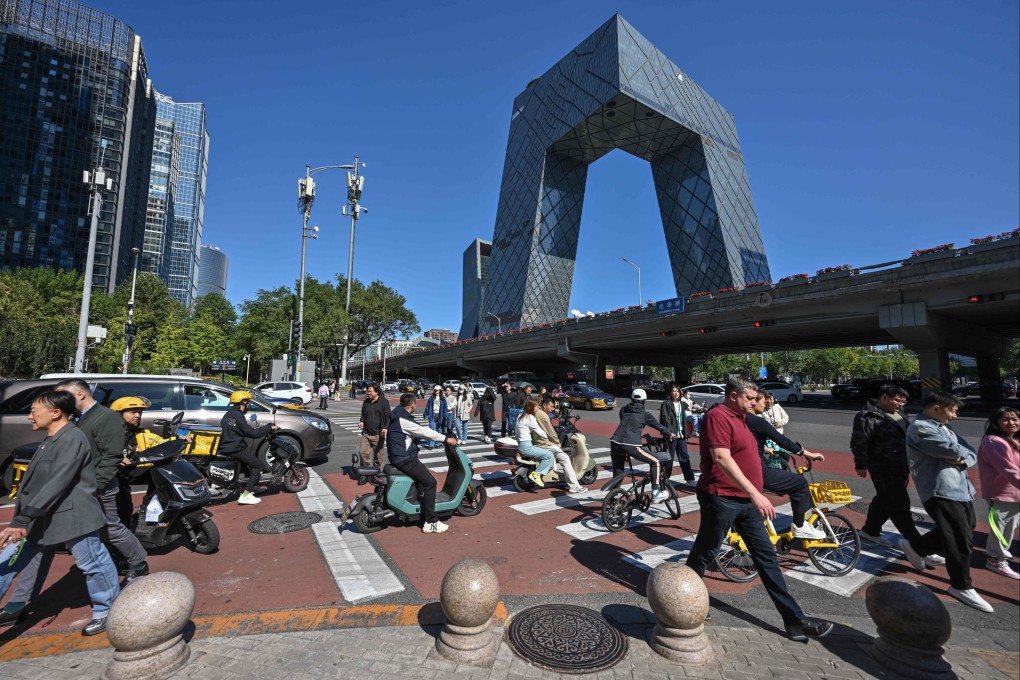Index provider FTSE Russell says it will keep developing products for Chinese assets
‘We believe China remains a key market for international investors due to its size and growth potential,’ CEO says

Despite recent challenges from macroeconomic headwinds, geopolitical tensions and volatility, global investors still believe China’s financial markets are being propelled by strong momentum, according to Fiona Bassett.
“We believe China remains a key market for international investors due to its size and growth potential, and as an index provider, we see our role in helping clients access those markets,” Bassett said in an interview with the Post.
The company, which is owned by the London Stock Exchange Group, last year celebrated its 20th anniversary in China with the FTSE China A50 index, which tracks the 50 largest companies listed on mainland exchanges.
“It’s been very impressive to see the evolution of China’s capital markets over the last 20 years,” Bassett said. “Obviously, the market is very dynamic, and we welcome the stimulus packages that have been announced to the market.”